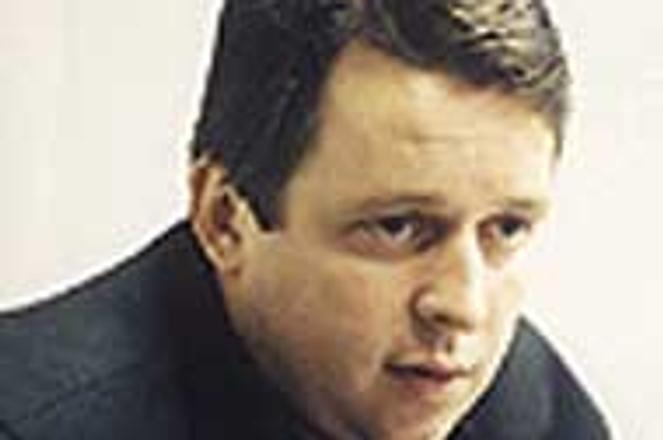photo:TASR
The youngest member of the Slovak cabinet, Deputy Prime Minister for Economy Ivan Mikloš, is regarded by economists both at home and abroad as the driving force for reform in the current government. Were it not for Mikloš, analysts say, the country would not enjoy a fraction of the credit it currently does on international financial markets
Born in the eastern Slovak town of Svidník, Mikloš was barely in his thirties when he was appointed Minister for Privatisation in the Slovak National Council, a post he held until 1992. When the controversial Slovak separatist politician Vladimír Mečiar was re-elected in 1992, Mikloš founded the economic think tank MESA 10.
During the third Mečiar government of 1994 to 1998, Mikloš's MESA 10 analyses were an invaluable source of informed economic criticism. Mikloš and his colleagues warned the country of the dangers of deficit spending, of the theft occuring in privatisation, and of the dangerous direction the economy was heading in - all of which proved to be accurate when the new government elected last September opened the books of its predecessor.
Although Mikloš's current position of Deputy Prime Minister for Economy carries little real political power, his authority as a cool and determined reformer has pushed the Slovak cabinet into faster and more extensive reform than would otherwise have been possible.
Mikloš told The Slovak Spectator on November 9 that he had mixed feelings about the results he has achieved. He said he was happy to see the country's economy headed in the right direction, but added that he was a bit discouraged at the resistance that reforms still met in the cabinet.
"Still, by making a compromise you can reach at least part of what you pursuing," he said. "And if you don't compromise you accomplish nothing - I think the choice is clear."
Much is made of Mikloš's apparent isolation in the cabinet, and the feeling that he often defends reforms alone.
However, Mikloš himself does not feel isolated. "There are others in the government who share the same opinions I do, but they aren't often mentioned in the media," he said. Although Mikloš himself refused to name his supporters, a recent and rather public meeting of the minds emerged between Mikloš and Deputy Finance Minister Viliam Vaškovič during negotiations on cutting the country's corporate tax rate.
When considering the future, Mikloš looks south to Hungary for a positive example of economic transformation done right. However, he believes that the current government will be hard pressed to match Hungary's accomplishments in the near future. "They had four years to transform their macro and micro economies," he said. "But they didn't have to transform both at the same time, as we have to."


